Acne is one of the most persistent skin problems. Inflammation of the surface and the intermediate layer of the skin causes damage to the collagen, which increases the risk of scarring and blemishes. Daily facial skin care is crucial for her health and protection against irritation or acne. Many people are misled that acne is a problem only for children and teenagers, but in fact, adults are no less threatened by its appearance. In order to help you, we need to look at the problem in two different ways. What are the little details that we can improve in your skincare routine? Which products are good for our oily, acne-prone skin?
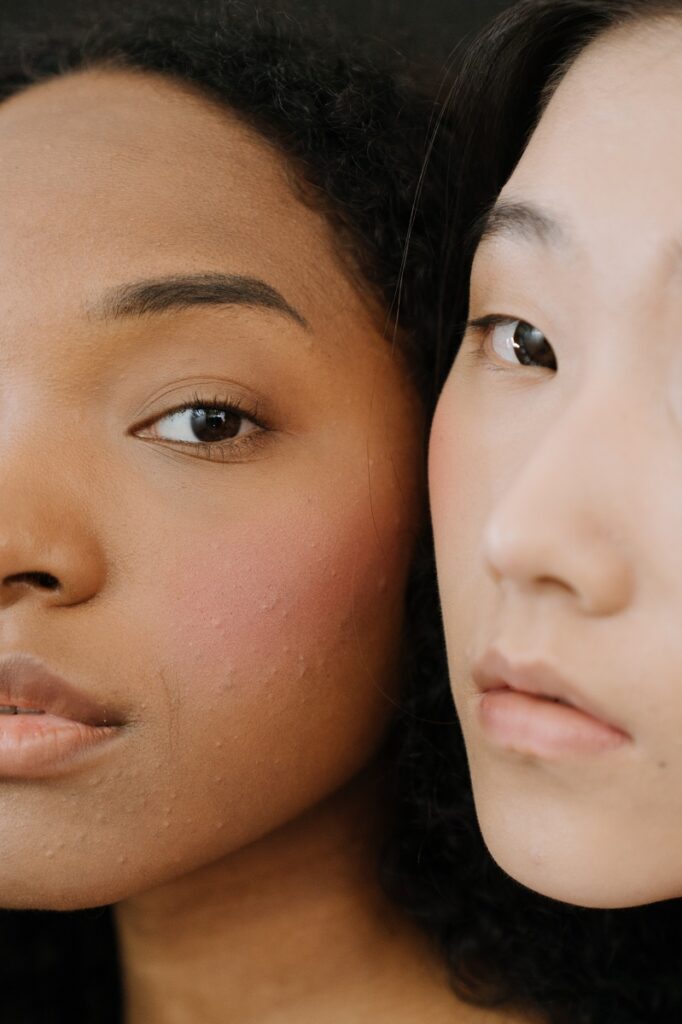
Related: 20 Best Overnight Masks for Every Budget and Skin Type
Understanding Acne-prone Skin
What is acne and what causes it?
Acne is a common skin condition that affects individuals of varying ages. It occurs when hair follicles become clogged with a mixture of excess oil, dead skin cells, and bacteria. This obstruction can manifest in various forms such as whiteheads, blackheads, pimples, and even cysts. The underlying causes of acne are primarily attributed to three factors. Excessive sebum or oil production by the skin’s sebaceous glands, the accumulation of dead skin cells that block follicles, and the proliferation of bacteria, particularly Propionibacterium acnes. These factors create an ideal environment for inflammation to occur. It then leads to the characteristic redness, swelling, and discomfort associated with acne outbreaks.
Different types of acne (whiteheads, blackheads, pimples, cysts)
Acne manifests in various forms, each with distinct characteristics and underlying mechanisms. Whiteheads and blackheads, known as comedones, are non-inflammatory types of acne. Whiteheads occur when a hair follicle is blocked by oil and dead skin cells, resulting in a small, white, or flesh-colored bump. On the other hand, blackheads develop when the blocked pore remains open, allowing the trapped debris to oxidize and turn dark in color.
Pimples, or papules and pustules, are red, inflamed bumps that occur when bacteria infiltrate the blocked follicle, triggering an immune response and causing redness and pus accumulation. These types of acne can be painful and are often prone to scarring if not treated properly. Cysts are deeper, more severe forms of acne that occur when the infection goes deeper into the skin, forming a large, often painful bump filled with pus. Cysts are more likely to result in scarring and require special care to prevent complications.
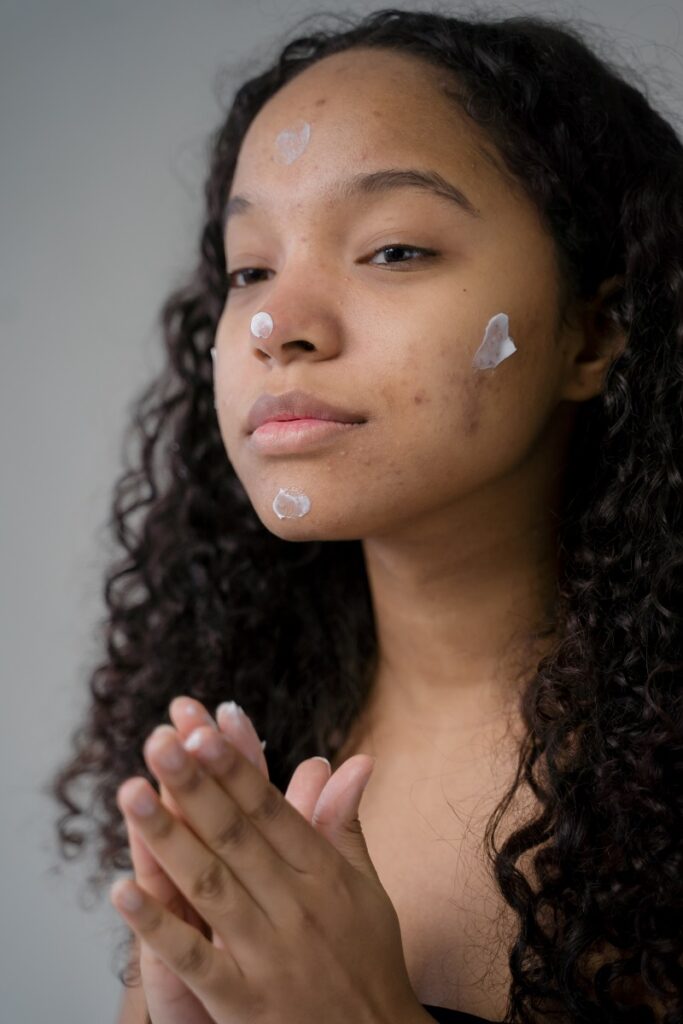
The role of genetics and hormonal changes in acne development
The development of acne is influenced significantly by both genetics and hormonal changes within the body. Genetics plays a pivotal role in determining an individual’s predisposition to acne-prone skin. If a person’s parents or close relatives have a history of acne, they are more likely to experience it themselves. Hormonal changes also play a crucial role in acne development, especially during puberty when hormone production increases dramatically. Androgens, a type of hormone, stimulate the sebaceous glands to produce more oil, which can lead to clogged pores and acne formation. Hormonal fluctuations, such as those during the menstrual cycle or pregnancy, can also trigger or exacerbate acne outbreaks. This is why teenagers, pregnant individuals, and women in their menstrual years are particularly susceptible.
Do’s for Acne-prone Skin
Gentle Cleansing
Importance of using a mild, non-comedogenic cleanser: Choosing the right cleanser is paramount for maintaining the health of acne-prone skin. Opting for a mild, non-comedogenic cleanser is crucial. It effectively removes dirt, oil, and impurities without stripping the skin of its natural moisture barrier. Non-comedogenic cleansers are specifically formulated to prevent clogging of pores, which is particularly important for those prone to acne. These cleansers ensure that the skin remains clean without aggravating existing acne lesions or causing new breakouts.
Wash the face twice a day to remove dirt and excess oil. Establishing a consistent cleansing routine is a cornerstone of acne care. Washing the face twice a day, once in the morning and once before bed, is particularly important for those with acne-prone skin. A morning cleanse helps to remove sweat and sebum that have accumulated overnight. While an evening cleanses rids the skin of impurities collected throughout the day. Overwashing the face can strip away natural oils and disrupt the skin’s protective barrier. That leads to increased sensitivity and potentially more breakouts.
Luxury product: Sunday Riley Ceramic Slip Cleanser
Affordable Swap: CeraVe Foaming Facial Cleanser
Regular Exfoliation
Using chemical exfoliants (AHAs, BHAs) to unclog pores and remove dead skin cells
Chemical exfoliants, such as alpha hydroxy acids (AHAs) and beta hydroxy acids (BHAs), offer a potent and targeted approach to managing acne-prone skin. These exfoliants work by gently dissolving the bonds between dead skin cells. It effectively unclogs pores and promotes the shedding of old, dull surface cells. AHAs, like glycolic acid, work on the skin’s surface and are effective for improving overall texture and reducing the appearance of acne scars. BHAs, such as salicylic acid, penetrate deeper into the pores. It makes them particularly effective in treating active breakouts and preventing future ones.
Luxury Product: Drunk Elephant T.L.C. Framboos Glycolic Night Serum
Affordable Swap: COSRX Niacinamide 2% + BHA 4%
Caution against over-exfoliation to prevent irritation
While chemical exfoliation can offer numerous benefits for acne-prone skin, it’s crucial to exercise caution and avoid overdoing it. Over-exfoliation, whether through excessive frequency or using products with high concentrations, can strip away not only dead skin cells but also the skin’s natural protective barrier. This can lead to increased sensitivity, redness, dryness, and even more breakouts. It’s recommended to start with a lower concentration of exfoliants and gradually increase frequency to allow the skin to acclimate. Individuals should also pay close attention to their skin’s response and adjust their exfoliation routine accordingly. Typically, using chemical exfoliants 2-3 times a week, followed by ample moisturization, can strike a balance between reaping the benefits of exfoliation and avoiding the pitfalls of irritation.
Hydration
Choosing a lightweight, oil-free moisturizer
Selecting an appropriate moisturizer is a critical aspect of caring for acne-prone skin. Contrary to common belief, even oily or acne-prone skin requires proper hydration. Opting for a lightweight, oil-free moisturizer helps maintain the delicate balance between providing adequate moisture and preventing clogged pores. These moisturizers are formulated to deliver hydration without adding excess oil to the skin, making them suitable for those who are prone to breakouts. The lightweight texture is easily absorbed, ensuring the skin remains nourished without feeling greasy or heavy.
Keeping the skin hydrated helps maintain a healthy barrier. Hydration is a fundamental pillar of maintaining healthy skin, particularly for individuals with acne-prone skin. Adequate hydration helps fortify the skin’s natural barrier, which serves as a protective shield against external aggressors and moisture loss. When the skin’s barrier is compromised, it becomes more susceptible to irritation, inflammation, and a disrupted pH balance. All of which can contribute to the worsening of acne.
Luxury Product: Dramatically Different Moisturizing Gel
Affordable Swap: Neutrogena Oil-Free Moisturizer
Non-comedogenic Products
When dealing with acne-prone skin, selecting the right makeup and skincare products is essential. Opting for products labeled as non-comedogenic is a strategic choice. These products are formulated to minimize the likelihood of clogging pores and exacerbating acne. The non-comedogenic label indicates that the product’s ingredients have been carefully chosen to avoid contributing to pore-clogging.
Apply Oil-Free Sun Protection
Sun protection is an indispensable aspect of skin care for individuals with acne-prone skin. Employing a broad-spectrum, oil-free sunscreen is crucial to shield the skin from the damaging effects of ultraviolet (UV) rays. UV exposure can exacerbate acne by causing inflammation and triggering the production of excess oil. Moreover, sun exposure can lead to post-inflammatory hyperpigmentation, making acne scars more pronounced and enduring. By incorporating an oil-free sunscreen into their daily routine, individuals can mitigate these risks and provide their skin with a protective barrier against harmful UV rays. A broad-spectrum formula offers defense against both UVA and UVB rays, while the oil-free nature ensures that the sunscreen won’t clog pores or exacerbate acne issues. Prioritizing sun protection supports acne management. And also contributes to overall skin health and the prevention of long-term damage.
Luxury Product: Supergoop! Unseen Sunscreen – SPF 40
Affordable Swap: CeraVe AM Facial Moisturizing Lotion SPF 30
Don’ts for Acne-prone Skin
Harsh Cleansing
When addressing acne-prone skin, it’s imperative to steer clear of harsh cleansing practices. Avoid using harsh soaps or scrubs that strip the skin, as they can disrupt the delicate balance of the skin’s natural oils and protective barrier. These aggressive cleansers may give the temporary illusion of cleaner skin, but they often remove essential oils, leading the skin to overcompensate by producing more oil. Moreover, harsh cleansing can exacerbate inflammation and oil production, triggering a cascade of adverse effects that ultimately contribute to more frequent breakouts. By choosing gentle, non-comedogenic cleansers and adopting a softer cleansing approach, individuals can maintain the skin’s equilibrium. It effectively cleanses without causing unnecessary irritation and promotes a healthier complexion.
Touching the Face
While the temptation to pick or pop acne lesions might be strong, it’s essential to recognize the potential harm that this habit can inflict on the skin. Picking at acne lesions can lead to the rupture of the follicle wall and the spread of bacteria, exacerbating the existing inflammation and causing the acne to take longer to heal. Additionally, the act of picking can introduce dirt and germs from the hands into the open lesions, further increasing the risk of infection.
Increased chance of scarring and spreading bacteria. Picking at acne lesions significantly heightens the likelihood of scarring, as it disrupts the skin’s natural healing process and impedes the formation of new tissue. This can result in long-lasting marks that persist even after the acne itself has cleared. Furthermore, the spread of bacteria to nearby pores can lead to the development of new acne lesions, perpetuating the cycle of breakouts.
Minimize heavy, oil-based makeup products
For individuals with acne-prone skin, it’s advisable to exercise caution when selecting makeup products. Minimize the use of heavy, oil-based makeup products, as they can contribute to pore-clogging and exacerbate acne issues. Heavy makeup can create a barrier on the skin’s surface, trapping oil and impurities that can lead to the development of new breakouts. Opting for lightweight, non-comedogenic makeup formulations allows the skin to breathe and reduces the risk of further clogging pores. Let the skin breathe and prevent pore-clogging. Allowing the skin to breathe is essential for its overall health, particularly for those dealing with acne. Balancing makeup use with proper skincare practices is key to managing acne-prone skin effectively and promoting a clearer complexion.
Overloading Products
Caution against using too many products at once. While the pursuit of clear skin can be motivating, it’s important to approach skincare with balance and moderation. Caution against overloading the skin with too many products at once. This can overwhelm the skin’s natural processes and potentially worsen acne-prone skin.
Simplify the routine to prevent potential irritation. Simplifying the skincare routine is often more beneficial for individuals with acne-prone skin. A multitude of products can increase the likelihood of irritation and adverse interactions. Streamlining the routine to include only essential products. Such products are gentle cleansers, moisturizers, and targeted treatments, which can help prevent overwhelming the skin and reduce the risk of exacerbating acne.
The Impact of Diet and Lifestyle on the Skin
When addressing acne-prone skin, it’s crucial to recognize the profound influence that diet and lifestyle choices can have on skin health. Ignoring the potential impact of diet, particularly diets high in sugars and dairy can hinder the progress of managing acne. These dietary choices are associated with inflammation and hormonal imbalances, both of which can contribute to the development and exacerbation of acne.
Importance of managing stress and getting enough sleep. Beyond diet, lifestyle factors also play a significant role in managing acne. Ignoring the importance of managing stress and getting adequate sleep can hinder the skin’s ability to heal and regulate itself. Chronic stress can trigger hormonal fluctuations that lead to acne flare-ups, while insufficient sleep can impair the body’s ability to repair and rejuvenate the skin. Prioritize stress reduction techniques. Such techniques are mindfulness and relaxation practices. And also ensuring a consistent sleep schedule can contribute to overall skin health.
HUM Daily Cleanse Acne Supplements
Professional Help and Treatment Options
Acknowledge when self-care is not enough. While self-care and diligent skincare routines can be effective for many individuals, it’s important to acknowledge when self-care is not enough to manage acne-prone skin. Acne severity varies among individuals, and some cases may require specialized expertise to achieve optimal results. If despite consistent efforts, breakouts persist or worsen, it’s crucial not to become disheartened. Instead, recognizing the need for professional guidance is a proactive step toward finding more tailored solutions to address acne-related concerns.
Seeking dermatologist advice for severe or persistent acne is an integral part of responsible skincare management. Their expertise ensures that treatments are targeted and comprehensive, taking into account individual skin type, lifestyle, and medical history.
It’s important to note that a dermatologist can offer a range of effective treatments tailored to the specific needs of each individual. Possible treatments for acne-prone skin include topical treatments. Such as retinoids and benzoyl peroxide, which can target the underlying causes of acne. In some cases, oral medications like antibiotics or hormonal therapies may be recommended to manage hormonal imbalances contributing to acne. For severe or resistant cases, advanced treatments such as laser therapy or chemical peels can be effective in reducing inflammation and promoting skin healing.
Summarizing Do’s and Don’ts for Acne-prone Skin
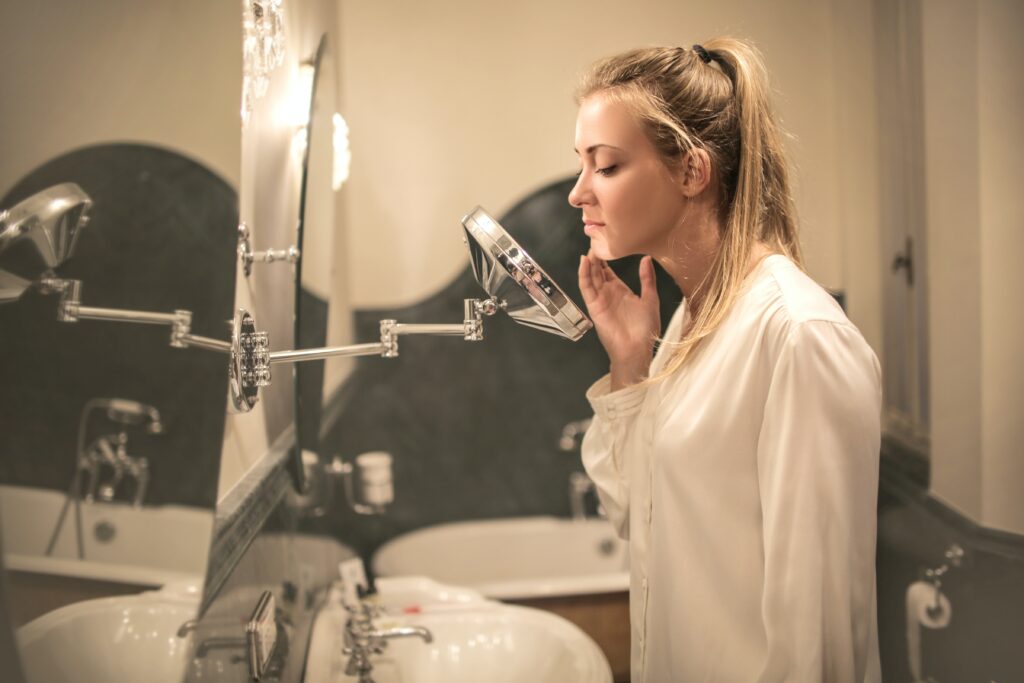
Do’s for Acne-prone Skin:
- Use a mild, non-comedogenic cleanser.
- Wash your face twice a day to remove dirt and excess oil.
- Incorporate chemical exfoliants like AHAs and BHAs.
- Choose a lightweight, oil-free moisturizer.
- Keep the skin hydrated to maintain a healthy barrier.
- Opt for non-comedogenic makeup and skincare.
- Use a broad-spectrum, oil-free sunscreen.
- Seek dermatologist advice for severe or persistent acne.
- Consider a holistic approach to skincare and well-being.
- Patch test new products to avoid adverse reactions.
- Practice good hygiene for clean pillowcases, towels, and brushes.
- Stay hydrated to support skin hydration from within.
- Manage stress with techniques like meditation and deep breathing.
- Consult a dermatologist for personalized recommendations.
Don’ts for Acne-prone Skin:
- Avoid using harsh soaps or scrubs that strip the skin.
- Don’t pick at acne lesions to prevent scarring and bacteria spread.
- Minimize heavy, oil-based makeup products.
- Don’t overload your skincare routine with too many products.
- Avoid ignoring the impact of diet and lifestyle on skin health.
- Refrain from using products without consulting a dermatologist.
- Don’t skip sun protection.
- Avoid using products that may exacerbate acne.
- Don’t overlook the importance of consistency and patience.
- Avoid over-exfoliation, sticking to recommended usage.
- Skip makeup removal before bed to prevent clogged pores.
- Don’t touch your face with unwashed hands.
- Avoid harsh physical exfoliants that could worsen inflammation.
- Limit dairy and sugar intake to help manage acne triggers.

Implement these acne-prone skin care tips and embrace a holistic approach to well-being
In conclusion, effectively managing acne-prone skin requires a combination of informed strategies and mindful choices. These practices help maintain skin health and prevent the development of acne lesions. Throughout this journey, it’s essential to reinforce the importance of consistency and patience. Results may not be instantaneous, and expecting overnight changes can lead to frustration. A steadfast commitment to a well-designed skincare routine is the key to achieving sustained improvements over time.
Recognizing the role of genetics, hormones, diet, and lifestyle is paramount in achieving lasting results. The relationship between stress, sleep, and skin health highlights the interconnectedness of our bodies and minds. Seeking professional advice from a dermatologist when self-care falls short can provide invaluable guidance tailored to individual needs.
Ultimately, managing acne-prone skin is not just about achieving clearer skin. But also about fostering a sense of self-confidence and well-being. By nurturing the skin through consistent care, fostering patience, and addressing factors beyond the skin’s surface, individuals can empower themselves to face the world with a renewed sense of confidence and a healthier, more radiant complexion.

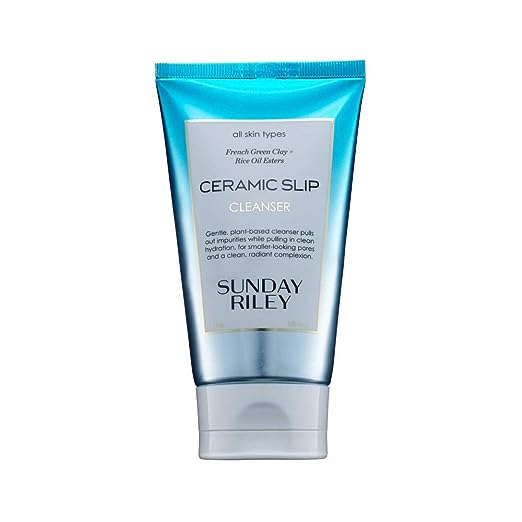
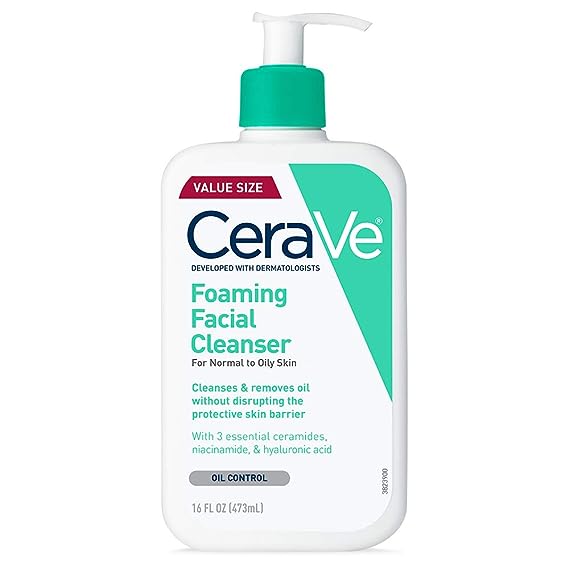
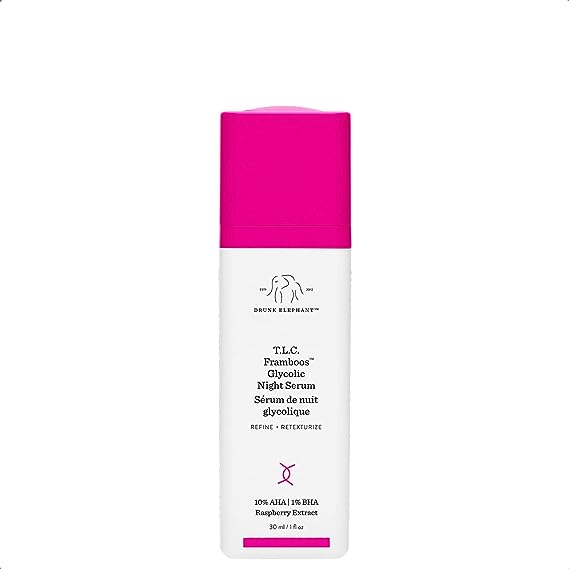

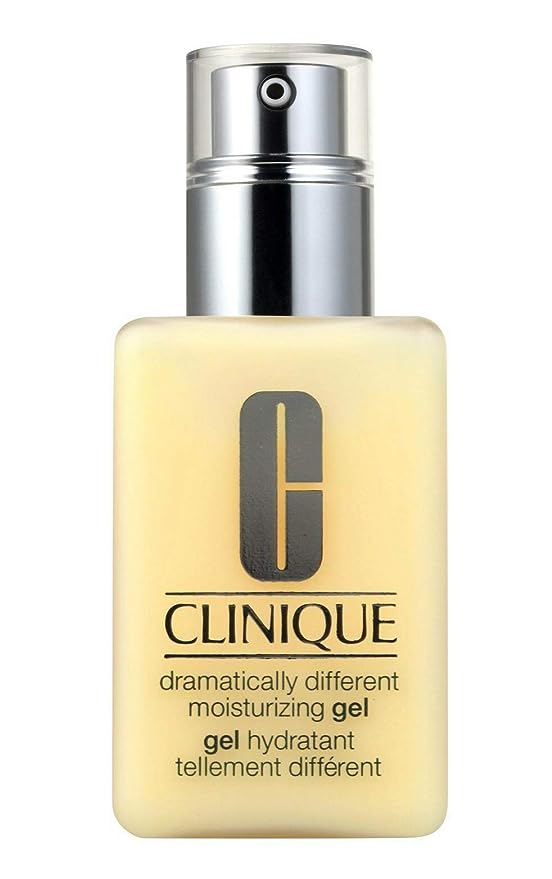
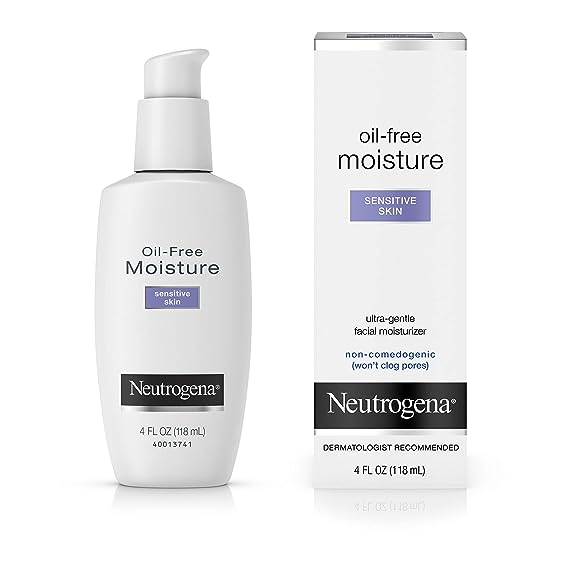
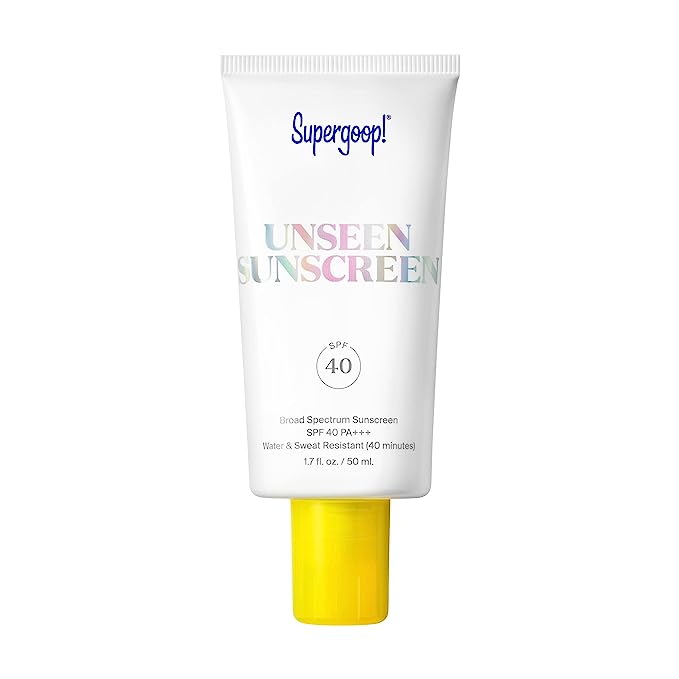
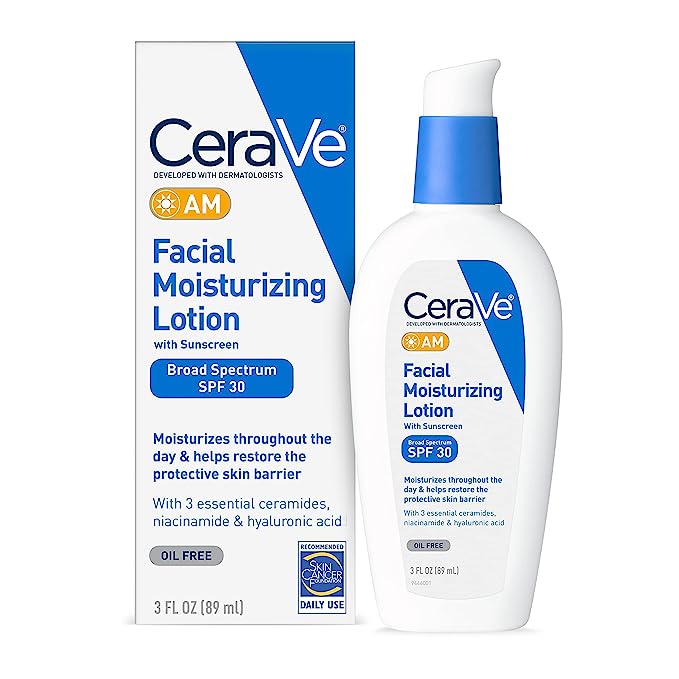
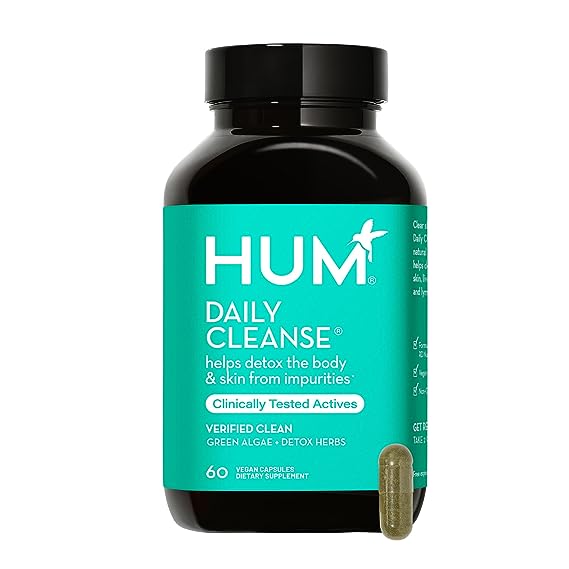

1 comment
Helpful artical!! Thanks for sharing.